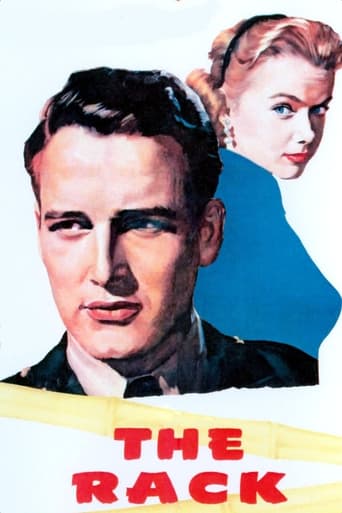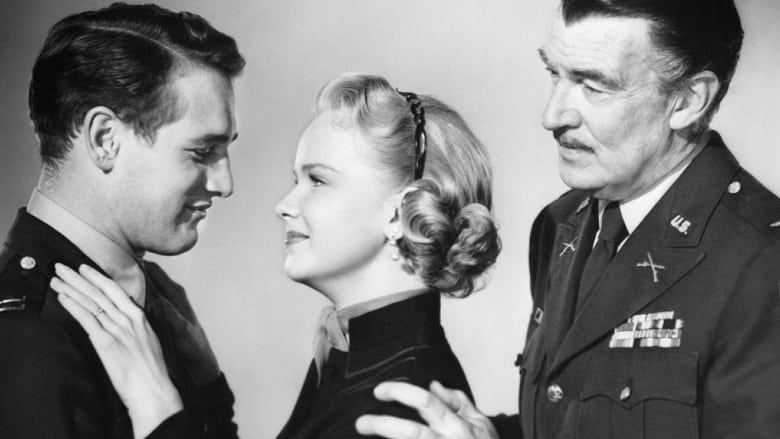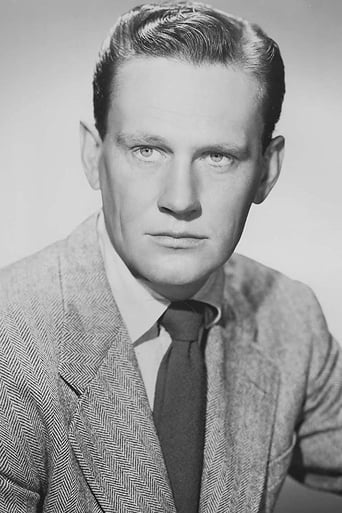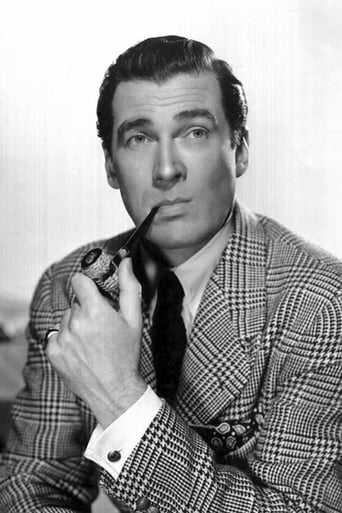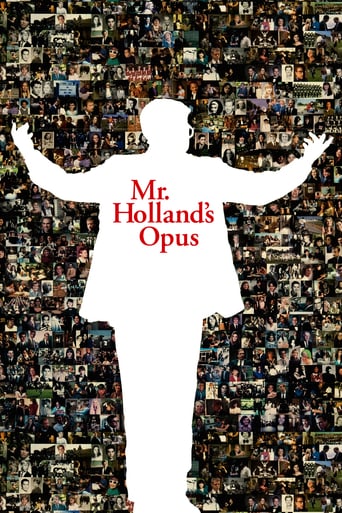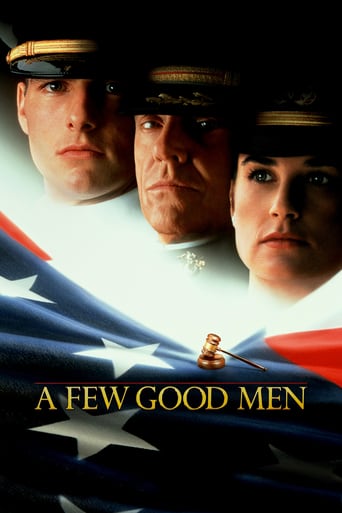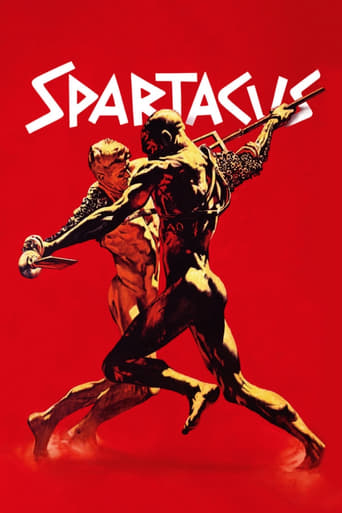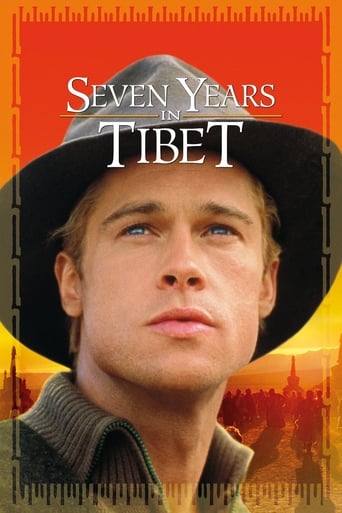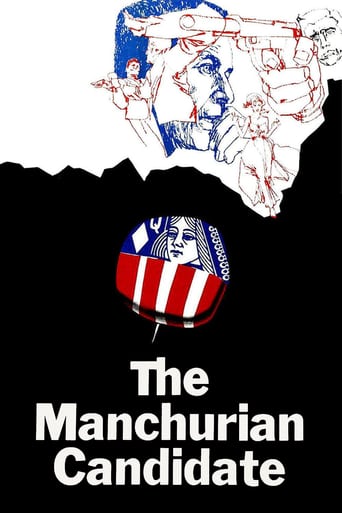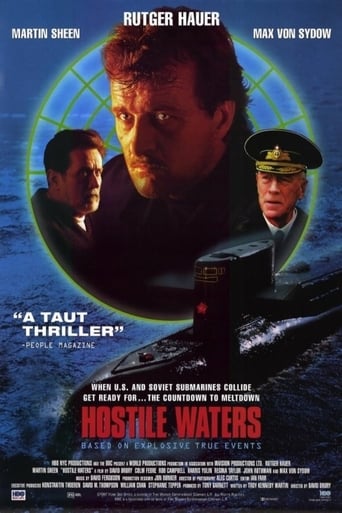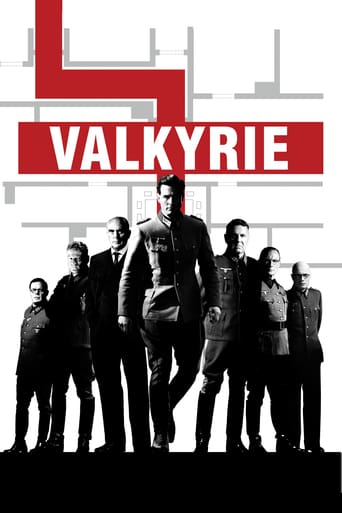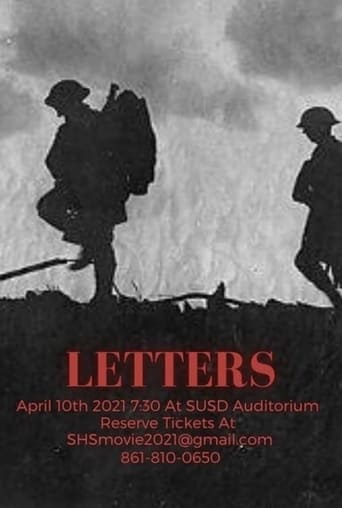The Rack (1956)
Army Captain Edward Hall returns to the US after two years in a prison camp in the Korean War. In the camp he was brainwashed and helped the Chinese convince the other prisoners that they were fighting an unjust war. When he comes back he is charged for collaboration with the enemy. Where does loyalty end in a prison camp, when the camp is a living hell?
Watch Trailer
Cast


Similar titles
Reviews
I don't have all the words right now but this film is a work of art.
it is finally so absorbing because it plays like a lyrical road odyssey that’s also a detective story.
It's easily one of the freshest, sharpest and most enjoyable films of this year.
It’s not bad or unwatchable but despite the amplitude of the spectacle, the end result is underwhelming.
Directed by Arnold Laven, this Stewart Stern screenplay was based on a teleplay by Rod Serling. It stars Paul Newman as a Korean War veteran who returns home after years as a P.O.W. to face a court martial trial for collaborating with the enemy.It's a very good drama with an excellent, credible performance by Newman and the rest of the film's notable cast including Wendall Corey as the initially reluctant yet duty bound prosecutor, Walter Pidgeon as Newman's stern "by the book" Army Colonel father, Edmond O'Brien as Newman's more than capable defense attorney, Anne Francis as Newman's sympathetic and recently widowed sister-in-law, Lee Marvin and James Best as two of Newman's accusers, and Cloris Leachman (in a cameo) as Francis's friendly neighbor.Captain Edward Worthington Hall Jr. (Newman) needs medical assistance to exit the "returning troop" plane at the San Francisco airport. His father Colonel Edward W. Hall Sr. (Pidgeon) and sister- in-law Aggie (Francis), who are there for his return, are unable to greet him as he's loaded into an ambulance and taken to a military hospital by the Golden Gate Bridge.Through her neighbor Caroline (Leachman), it is learned that Aggie lives with her father-in-law, Edward Sr., because her husband, his son, was killed in the Korean War. Ed meets with a psychiatrist, and later with his family (Robert Blake appears as a soldier being mobbed by his family), but is unable to say much, though he is clearly troubled by something. Still wheelchair bound and recovering in the hospital, Ed wheels himself in to watch a movie (featuring Debbie Reynolds mixing chemicals) with others when another patient (Marvin), in crutches himself, slips a noose with the word "traitor" around his neck.Shortly thereafter, Major Sam Moulton (Corey) is explaining to Ed (who was introduced to him by Dean Jones) that he's being brought up on charges for giving aid and comfort to the enemy in time of war which, if convicted, will mean a court martial.Earlier, Moulton had been told by Colonel Hansen (Robert Burton) that the Army must try the most egregious (40) of these cases to set an example, when he had objected to prosecuting an Army Captain that had received the Silver Star. However, Ed is allowed to stay out of jail with no restrictions given his otherwise exemplary war record.Physically recovered and released from the hospital, Ed returns home to find that his father, the Colonel, and Aggie have invited all their friends and neighbors over to celebrate his return. Not feeling very cheerful, Ed later excuses himself early from the party and retreats to the kitchen where he and Aggie speak briefly.The Colonel later joins him and they have some brief, awkward moments together before they are interrupted by a guest, such that Ed still hasn't had a chance to tell his father about the charges. Realizing he probably won't get the chance that evening, Ed goes to bed early.After the party is over, a friend of the Colonel's, a fellow Army Colonel Dudley Smith (Fay Roope), arrives and the two old buddies begin to have a drink. Aware of the charges against his friend's son, Smith remarks that the Colonel seems to be taking it well. Pressed for what he means, Smith mentions the court martial which prompts the Colonel to charge up the stairs muttering "my son honored me" as he barges into Ed's room to wake him. Shocked to learn the truth, the Colonel yells at his already ashamed son and runs from his room and back down the stairs as Ed gives chase trying to justify his crime.In the next scene, Lt. Colonel Frank Wasnick (O'Brien) visits Ed at a hotel, where he is now staying, and drinking. Wasnick quickly supports Ed saying that the court martial is not the foregone conclusion that he thinks it is, and that he would have probably done the same thing under the circumstances.After several weeks have passed, the trial has begun (Robert Simon appears at the court's law officer). One by one, as Major Moulton presents his case, it seems that Captain Hall willingly collaborated with the enemy. Now civilian Millard Cassidy (Best) testifies that he saw the accused strike a wounded, fellow soldier in the P.O.W. camp. Sergeant Otto Pahnke (Adam Williams) says that the Captain tried to get him to sign a leaflet that he had signed which accused the U.S. Government of false pretenses for even being in Korea. Wasnick does a pretty good job negating Pahnke's testimony, however, first establishing a 6 month time period in which the Captain hadn't been seen. Then, getting the native Pole to admit that Ed had a frightened look which resembled what he had seen in the eyes of Dachau survivors, when he'd finally reappeared and asked the Sergeant to sign the paper.But the most damaging testimony comes from Lee Marvin's character, a fellow Captain named John Miller. Miller had been in charge of a failed escape attempt, which he'd later been told was leaked to the enemy by Captain Hall. Miller then described the torture he was subjected to in great detail, and testified that the only information the Chinese got from him was his "name, rank, and serial number!". He was then allowed to remove his shirt and pants to show what he suffered.Things looked pretty hopeless for Ed and he returns from a night of drinking to find Aggie in his hotel's lobby. She's brought him some clean shirts but her real purpose is to encourage Ed to fight the charges against him. Perhaps inspired by her words, Ed takes the stand the next day and tells the other side of the story.Wasnick begins his defense by introducing the concept that "every man has his breaking point". There is a tearjerking moment between father and son and a quick ending to the film.
There are Many Things that are Powerful in this Court Martial Movie. An Early Paul Newman Performance, and a Fine, Important Supporting Cast, but there is a lot of Ambiguity as the Film Kowtows to the Military Behind the Scenes Watchdogs and Fudge Facts about the True State of Affairs Concerning POW's and Collaboration with the Enemy.It was a Fact that 1 in 7 POW did Collaborate, not the Miniscule "Only 40" that the Film would have You Believe and so on. Also, the Intertwining of the Soldiers Home Lives and Their Lack of Love from Father is more of a Dramatic Inclusion for a Stage Play than would seem Necessary with an Approach Toward Battle Hardened Officers and NCO's.This Muddle makes the Movie Easier to Watch as a Drama but it All gets a bit Confusing with the Overlap. As a Film it is a Sombre Affair and is a Curioso of its Time and is Interesting in that Respect, but it Reeks of Propaganda and Rug Sweeping about a War that had just Ended and this Seems like a Rush Job by the Military and a Half-Hearted Effort by MGM to get the Thing Over with as it was not going to be Box Office, and the Fact that the Movie is so Little Known Today is an Indication of its Inaccuracy and its Ability to Entertain and Enlighten.
Newman is an Army captain who returns to the U. S. after having been a POW for over two years in Korea, and is promptly charged with collaboration Most of the film centers on his court-martial, which reveals that he did indeed cooperate with his captors after intensive psychological torture Since he admits that he never reached the breaking point, he is found guilty, but the film suggests that society is responsible in not better preparing soldiers for the new methods of torture From the moment he first appears in a wheelchair to be interviewed by a psychiatrist (evoking memories of Brando in "The Men"), through intense scenes with his father (Walter Pigeon), a cold, stern career officer, to the climactic confession, Newman projects the brooding, nervous, introverted quality of a man still in a state of emotional shock Method mannerisms that Newman carries from film to film first appear here, and although sometimes overdone, they are generally effective: his glistening eyes, nervously moving lips and rapid blinking; his habits of rubbing his head, looking away from people and putting his hand over his mouth while speaking All of these suggest a man burdened with guilt, withdrawn into his own world of shame and bitter memories Newman is at his best during the trial, when he describes the prison camp horrors Staring straight ahead, he recites his experience in a cool, deliberate manner, to prevent himself from breaking down But he finally cries when recounting the fear of loneliness that led him to give ina fear that was born, in his childhood, when his mother died and his father never had time for him He cries out: "My father never kissed me!" Thus ultimately the film's focus is the alienation between child and parent, which places it in the tradition of many mid-fifties movies, including Dean's "Rebel Without a Cause" and "East of Eden." That theme would continue in Newman's films: from "Somebody Up There Likes Me," through "Cat on a Hot Tin Roof" and others, to "Hud," he plays men with serious problems in relating to a father or father-figure In that context, "The Rack's" central scene, which follows the confession, has the father attempting a reconciliation The two sit in a car, with Newman again staring straight ahead, maintaining the barrier between them He stiffens as his father puts his arm around him, but finally gives in as the old man does kiss him It's the film's most poignant momenta personal victory for the soldier, who loses everywhere else
I have to agree this is one of Pauls best movies and it never seems to come up when he is mentioned, the cast is also terriffic. I am sorry it has gone so unnoticed I can only think that it may have been set about the Korean War and that doesnt seem to get much attention.. I thought the acting was sincere and I was draw to this character that seemed to feel he lost his way by being human..

